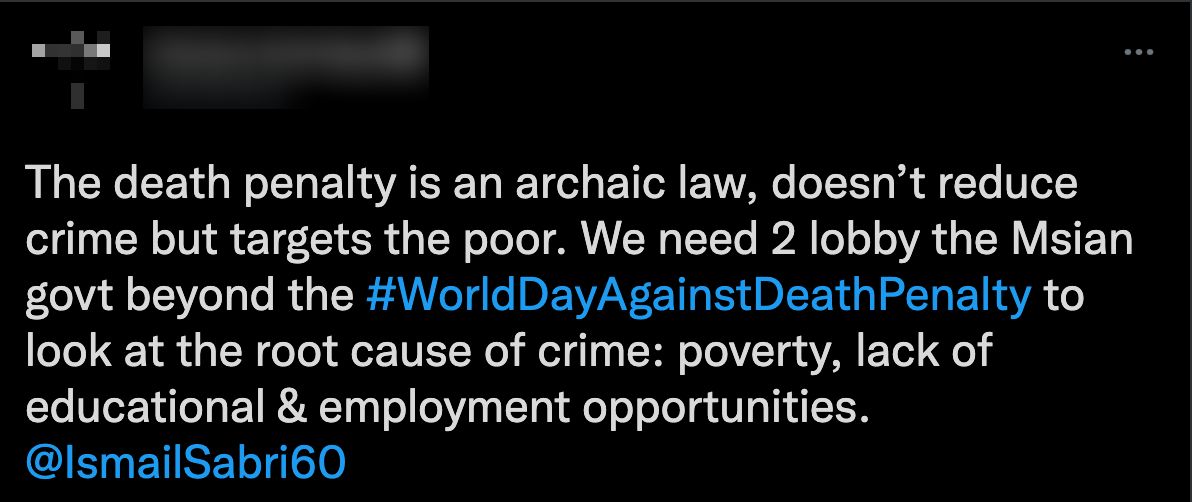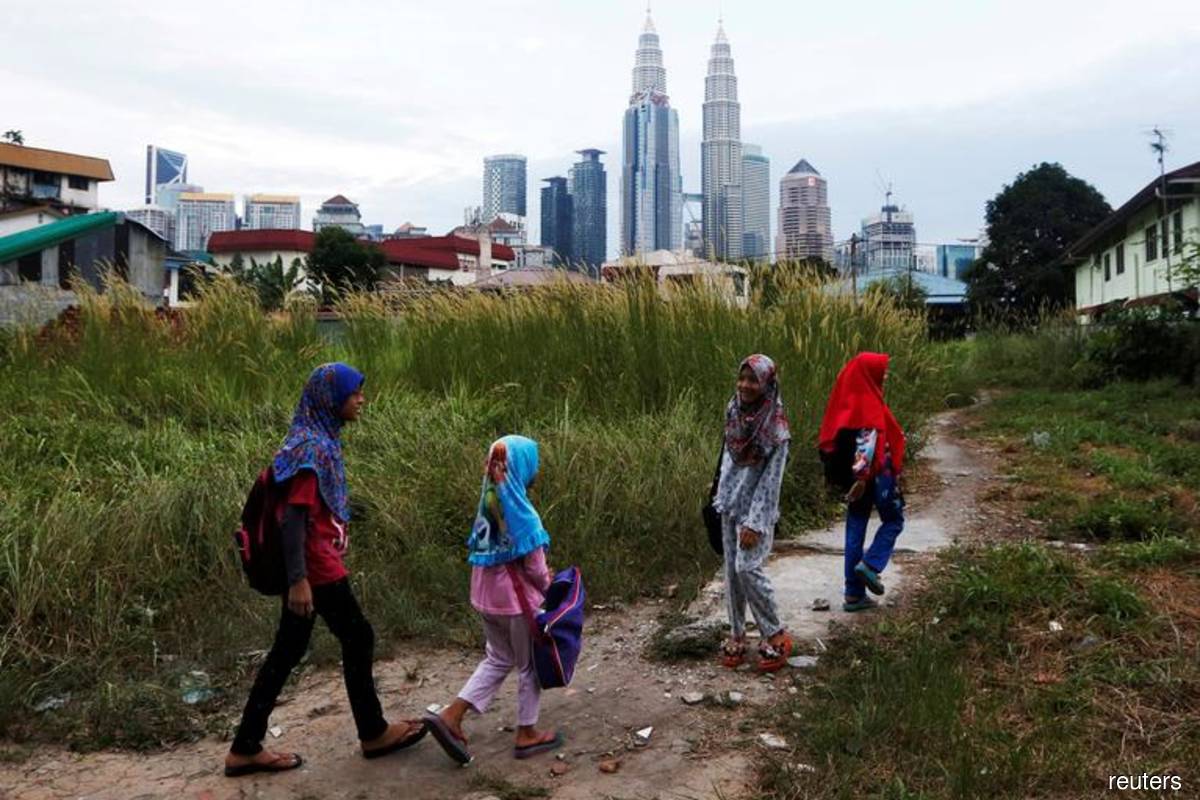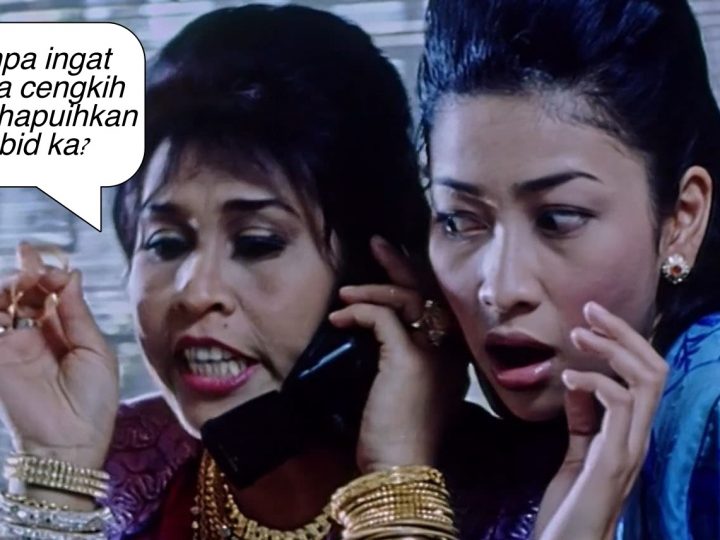Single Mother of 9 Sentenced To Death Row Sparks Conversation on The Abolishment of Death Penalty
 Thirsty for JUICE content? Quench your cravings on our Instagram, TikTok and WhatsApp
Thirsty for JUICE content? Quench your cravings on our Instagram, TikTok and WhatsApp

Over 70% of the countries in the world have abolished the death penalty. Meanwhile, in Malaysia, the death penalty has occupied a place in the country’s criminal justice system since the British colonial administration, when the mandatory death penalty was originally enforced for murder.
Recently, a single mother of nine went viral for a video of her crying and wailing over the fact that she got sentenced to death row in Sabah. The 55-year old fish seller was charged with possessing syabu weighing 113.9g in 2018.
Take a look:
My heart was breaking watch this. Seorang ibu tunggal dihukum gantung mati mandatori. Mungkin keadaan mendesak nak bagi anak anak makan. Kita tak tau apapun perbuatan tu salah. Kalau berduit boleh dpt pembelaan. Semoga ibu ni ditempatkan di syurga dan Allah swt mudahkan hukuman. pic.twitter.com/W2k9bRX9ua
— Faie Mac (@faie_mac) October 17, 2021
This has divided netizens into two sides as some want it to be strongly enforced while others say that abolishing the death penalty is the way to go. Check it out:






The confusion surrounding the death penalty begs the crucial question: Exactly how effective can the death penalty be?
According to Amnesty Malaysia, 1,281 people were reported to be on death row in Malaysia, including 568 (44%) foreign nationals as of February 2019. Of the total, 73% have been convicted of drug trafficking. This figure rises to a staggering 95% in the cases of women.
Some ethnic minorities are also over-represented on death row, while the limited available information indicates that a large proportion of those on death row are people with less advantaged socio-economic backgrounds.
Even the United Nations stated that the poor are disproportionately affected by the death penalty on a global scale. They are less likely to get good representation and the system is biased against them.
So, even though these groups are not committing the most crimes, they are the ones receiving the most severe punishment.

Many that are against death row also argue that the death penalty does not address the root causes of crime. Instead of focusing on preventing crime and violence, the penalty just seems like a quick way out.
Crime happens when other issues are neglected such as mental health, housing, access to education and sustainable employment options. When these issues are addressed, then communities can become safe and prosper.
When you look at those on death row in Malaysia, you see the costly evidence of neglecting children, families and communities at risk.
This will only encourage the cycle of crimes and violence to continue.

Many people might believe that while the death penalty isn’t ideal, it’s worth it if it dissuades potential criminals – but that’s not the case too. There is no clear evidence that the use of the death penalty for such crimes acts as a stronger deterrent than long terms of imprisonment.
We already know that executions have no impact on reducing crime, so shouldn’t we get ahead of the problem? Shouldn’t we provide positive interventions for people and communities at risk?
It’s already disappearing from legal systems around the world, so isn’t it time for all nations (like Malaysia) to end it?


 Get Audio+
Get Audio+ Hot FM
Hot FM Kool 101
Kool 101 Eight FM
Eight FM Fly FM
Fly FM Molek FM
Molek FM

